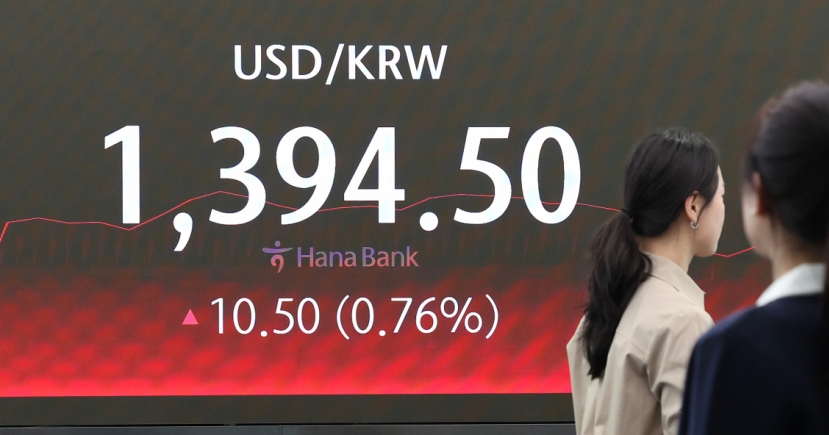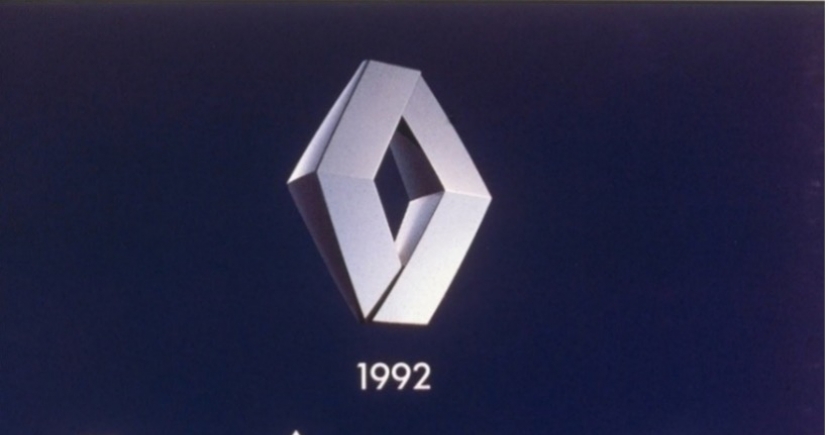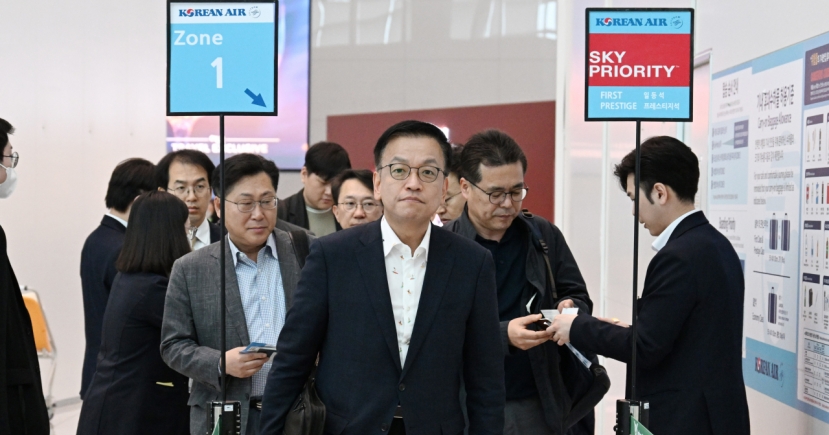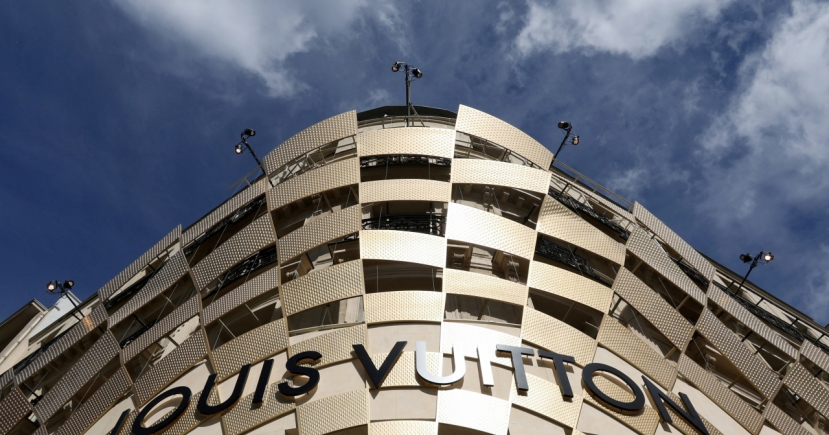Industrials
Q&A with Asiana chairman on no-meal fiasco
[THE INVESTOR] Kumho Asiana Group Chairman Park Sam-koo on July 4 apologized publicly over the prolonged food shortages on Asiana Airlines flights since July 1, on the day the airliner had switched food suppliers. He also expressed his condolences regarding the death of a catering service supplier who was found dead in an apparent suicide after having allegedly suffered extreme stress.
“We deeply apologize for causing concerns among our customers and the public. We will take full responsibility for the serious mishap,” the chairman said in a press conference after bowing deeply. He added that the situation could be solved this week.
 |
Kumho Asiana Group Chairman Park Sam-koo (center) and other top executives at Asiana Airlines offer a deep bow at a press conference in Seoul on July 4. |
Related:
Kumho promotes Asiana’s catering chief, chairman’s daughter
What you need to know about Asiana’s no-meal fiasco
But he denied the airliner’s replacement of the food supplier had anything to do with the group’s recent funding of 160 billion won (US$143.4 million) from China’s HNA. Asiana ended its 15-year partnership with LSG Sky Chefs, a catering service firm owned by German airline Lufthansa, last year and set up a 40:60 joint venture called Gate Gourmet with the Chinese conglomerate. But the new firm suffered a fire at its production plant in March and Asiana went to much smaller catering service firm Sharp Do & Co and its five subcontractors to fill in the gap.
“The deal with HNA was more favorable to Asiana compared to the one with LSG. In a separate deal, HNA invested in our holding firm for our joint projects in the future, not for the catering service,” he said regarding criticism that then cash-strapped Kumho could have used Asiana as a tool to attract investments from HNA.
The belated apology, however, seemed insufficient to resolve several questions raised as to the supply contract and the firm’s overall lax management. Asiana’s flight attendants said on July 5 they would go ahead with a planned street protest in Gwanghwamun, central Seoul, on July 6.
Below are excerpts of the news conference.
Q: Is it true that your 15-year partnership with LSG broke up due to investment issues?
Park: Asiana and LSG set up the 20:80 joint venture in 2003. Under the deal, we had the rights to renew the five-year contract twice over the next 15 years and this year was the deadline. But the talks to extend the contract failed and we sought a more favorable partner, which was China’s HNA. It was a very natural business process.
In partnership with LSG, we had limitations in exercising our management rights with a tiny 20 percent. We also asked LSG to reveal production costs, but no agreement was made on this. With the new joint venture, we have raised the stake to 40 percent and overall deal conditions were more favorable to Asiana.
 |
Park Sam-koo |
Q: There is criticism that Kumho used Asiana for the group’s financial stability.
Park: If the new partnership with Gate Gourmet caused any damages to Asiana, it could have been a problem. But compared to the existing contract with LSG, the deal conditions are a lot better for Asiana. The original contract with LSG that was signed during the financial crisis was very unfair for Asiana.
The contract expiration has nothing to do with the 160 billion won in funding for Kumho Holdings. It was a separate strategic decision considering new projects between Kumho and HNA.
Q: Unfair deal conditions are cited as one of the reasons behind the death of your food supplier. What do you think about this?
Park: Regardless of the contract details, Asiana feels moral responsibility for the death. Even though Asiana didn’t sign a deal with the food firm directly, Sharp Do & Co was our supplier so I think we cannot avoid responsibility. We feel solemn responsibility about the whole situation. We will continue to work with suppliers and their subcontractors.
Q: Sharp Do & Co was capable of producing food for only 3,000 people. (Asiana offers in-flight meals for about 30,000 passengers a day.) Why did you fail to predict the current situation? What’s the solution?
Park: Yes. We could have prevented this situation if we had predicted better. That’s all our fault. We thought we could secure food in arrival nations or get support from Korean Air. But such preparations didn’t go well.
Q: Safety concerns are also being raised that flight attendants are busy selling duty-free items to voucher-holding passengers until right before landing. (Passengers with no meals are offered US$30-US$50 vouchers.)
Park: I think offering coupons was a hasty decision. That should be improved. I understand flight attendants are suffering great confusion during the process. All the management team feels responsibility.
Q: What do you think about growing criticism toward your daughter’s recent appointment as vice president at Kumho Resort? (Asiana recently appointed the chairman’s daughter, Park Se-jin, as vice president at Kumho Resort. The 40-year-old had been a stay-at-home mom until recently.)
Park: In the past, women didn’t work, but now they are encouraged to do so. I had been thinking my daughter should seek her social career and play a role in the group. The resort business is a small portion at the entire group. I thought she could get training at the firm. Of course, if she fails to fulfill the role, I would not accept that as a father and the group’s chairman. She also majored in the field. So please give her a shot.
By Lee Ji-yoon (jylee@heraldcorp.com)








